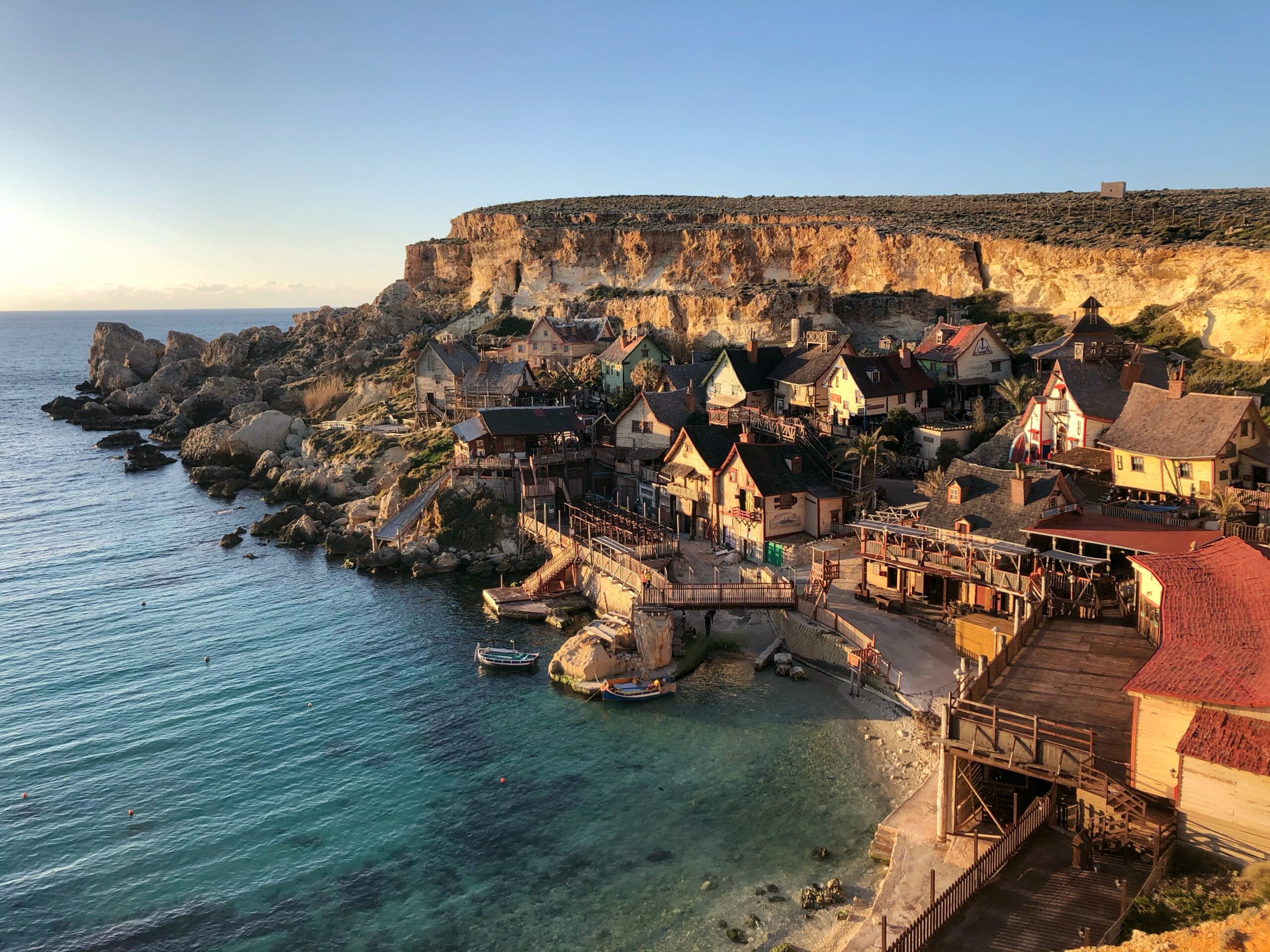It has been a truism for some years that Ireland has the most English Language schools per capita of any English language destination. Outside the summer that is almost certainly true. In peak season, though, the award might go to Malta where a population of just over half a million welcomed over 87,000 students the year before Covid.
To put that into context – it means the annual number of language students equals around 4 per cent of the population overall. How do they cope? This is a country which welcomes over 2 million visitors a year, every year. It is built to welcome foreign guests. International students are just a tiny, but much-welcomed, fraction of them.
So, what attracts language learners to Malta? Apart from, of course, the Mediterranean climate, the gorgeous beaches, the array of water sports and the delicious food!
Well, one reason could be that, as well as being one of the few Mediterranean countries which speak English, they are probably the only truly multilingual English Language destination in the world. Malta advertises its teachers as native speakers of English – but they are more than that. An astonishing 88 per cent of Maltese are bilingual, 66 per cent of them also speak Italian and more than 17 per cent speak French. Russian, Spanish and German are also studied at school.
Why is that important? Because people who have learned several languages themselves are likely to be better at teaching them than monolingual native speakers who have never learned to speak another language.
In fact, there is some evidence that countries and regions with traditions of language learning are increasingly popular with language learners. Canada and Wales have bilingual education systems. In Ireland everyone has to learn Irish all the way through school, and though some of them struggle I’ve never met an Irish EFL teacher who doesn’t think the experience influences the way they teach in class. “Apart from anything else,” one confided, “I know what worked for me and what did not!”
With European school children now heading to Holland to learn English, it’s easy to see the message: why learn a second language from someone who only speaks on? A message which is reinforced on many online teacher websites where the teachers with the highest student ratings are often the ones with the most languages.
Of course, it is important that teachers have a high level of English – but Malta is the only ELT destination we know of where would-be teachers are required to sit an English language exam, before they can be licensed to teach English. They even have their own, heavily subsidised, teacher training courses.
Maltese language schools are beginning to market their multilingual advantage. ESE, for example, boasts on its website that they are “a truly multilingual’ organization with staff from 18 countries who speak 20 languages between them.
The second most unusual thing about Malta is the sheer range of accommodation options available. Not only is it the only destination where host families can be accredited. It is also the one with the largest selection of residences: choose from the hotel accommodation at Gateway, the student residence at CIELS or the on-Campus accommodation at Club Class. Perhaps the most exciting though – at least if you are under sixteen – are the ESE junior camps which take place in the Salini resort hotel. Anxious parents can rest assured that they are cared for round the clock by ESE’s very own squad of group leaders.
For older students, the University of Malta’s very own language schools uses university residences. At BELS exclusive boutique schools on the tiny island of Gozo only over-18s need apply.
Finally, of course, Maltese schools are famous for their activities, especially their water sports. At EC Classic Island kids camp, students get English in the morning and sailing in the afternoon. Inlingua Malta also have Kayak, Windsurfing and Paddle Boarding. Gateway adds in Body Boarding and Rowing. The choice seems endless.
Small wonder then, that Malta is such a popular summer destination but with many schools now offering language and activity holidays for kids at Easter and Christmas too, there is certainly room for the sector to grow – even in a tiny island nation where everyone knows everyone else and many of them can speak your language in addition, of course, to English.





